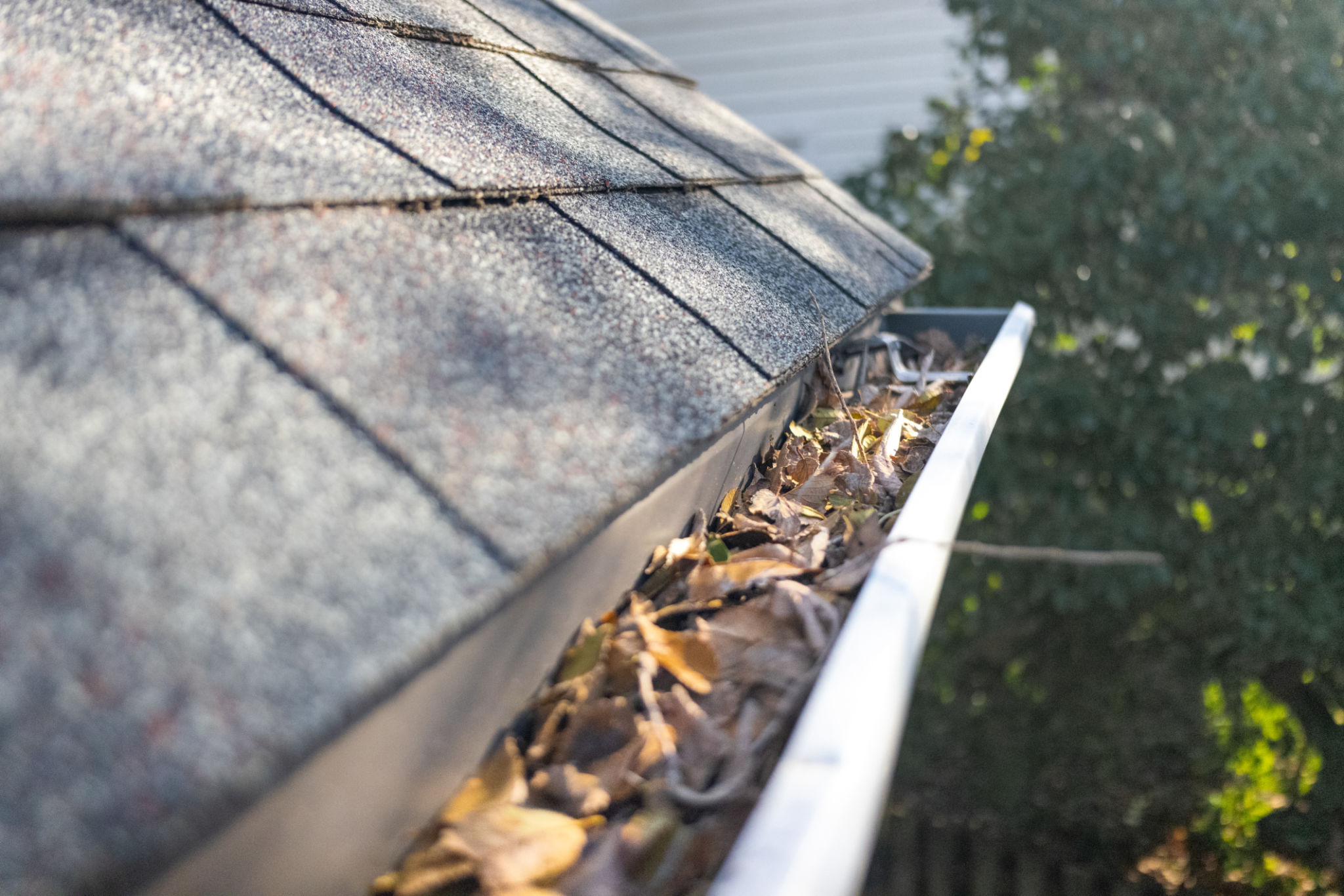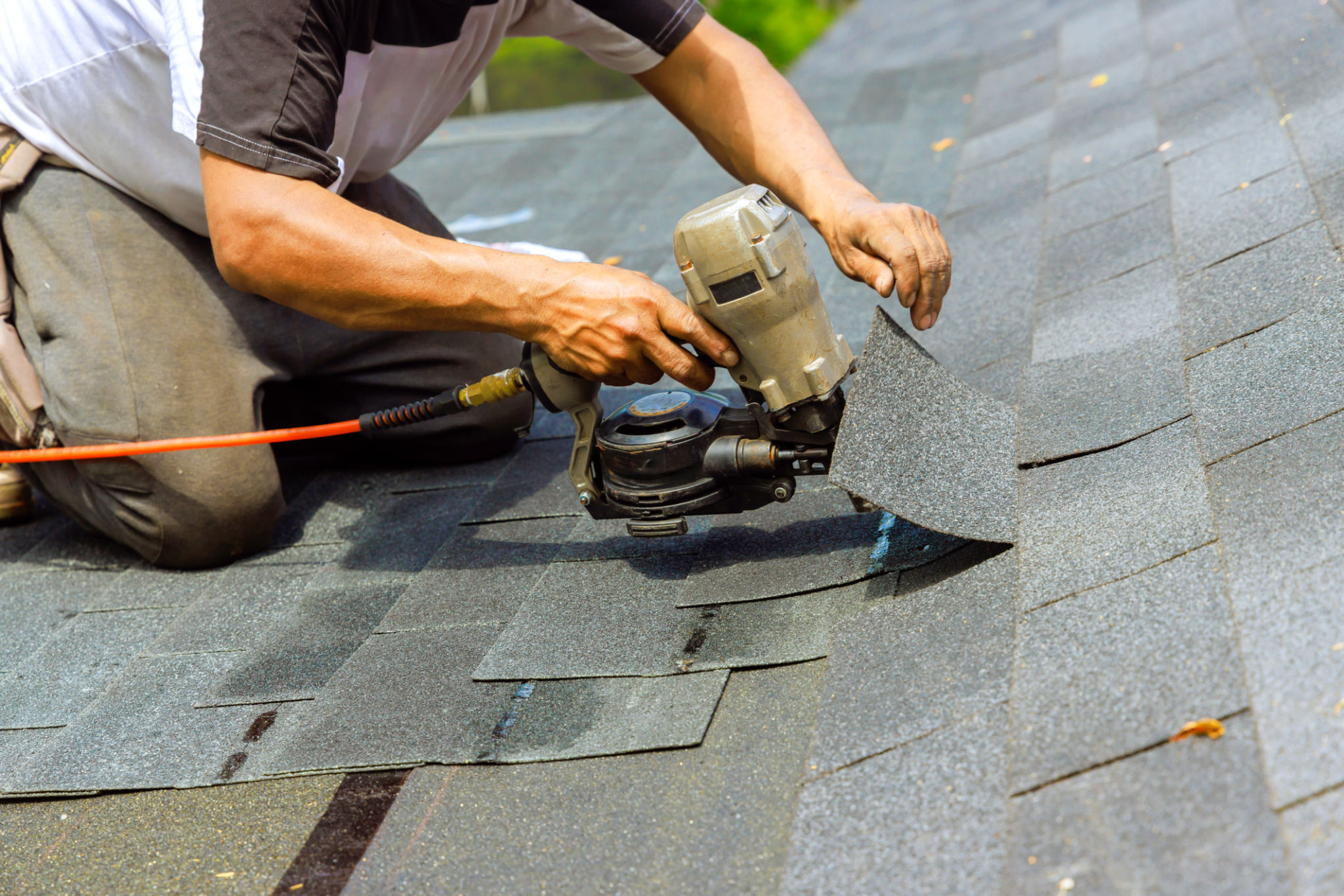Why Gutters Overflow: Understanding Common Problems and Solutions
Understanding the Basics of Gutters
Gutters play a vital role in protecting your home from water damage by channeling rainwater away from the roof and foundation. However, when gutters overflow, they can cause significant issues, ranging from water damage to your home's exterior to more severe structural problems. Understanding the common reasons why gutters overflow can help you identify and resolve these issues effectively.

Clogged Gutters
One of the most common causes of overflowing gutters is clogging. Leaves, twigs, and other debris can accumulate in your gutters, preventing water from flowing freely. When this happens, water can spill over the edges, leading to potential damage to your home's siding and foundation. Regular cleaning and maintenance are essential to keep gutters clear and functioning properly.
Poor Gutter Installation
Improperly installed gutters can also contribute to overflow problems. If the slope of the gutter is incorrect, water may not flow toward the downspout as intended. This can result in pooling and eventual overflow. Ensuring that gutters are installed with the correct pitch is crucial for effective water drainage.

Downspout Issues
Downspouts are designed to direct water away from your home, but if they become blocked or disconnected, they can cause water to back up and overflow the gutters. Regularly inspecting downspouts for obstructions and ensuring they are securely attached can help prevent these issues.
Insufficient Gutter Capacity
Sometimes, the problem lies not in clogged or improperly installed gutters but in their capacity. If your gutters are too small for the amount of rainfall your area typically receives, they may overflow during heavy storms. In such cases, upgrading to larger gutters might be necessary to handle increased water volume.

Roof Issues
Problems with your roof can also contribute to gutter overflow. Shingles that are worn or damaged can lead to increased runoff, overwhelming your gutters. Regular roof inspections and maintenance can help identify issues early and prevent them from affecting your gutter system.
Solutions for Preventing Gutter Overflow
To prevent gutter overflow, it's essential to maintain a regular cleaning schedule, especially during fall when leaves are more likely to accumulate. Installing gutter guards can also reduce debris buildup and minimize clogs. Additionally, ensuring proper installation and performing regular inspections can help identify problems before they lead to overflow.
If you find that your gutters frequently overflow despite regular maintenance, it might be time to consult a professional. They can assess whether your current system is adequate for your home or if upgrades are necessary.

Ultimately, understanding the common causes of gutter overflow and implementing solutions can help protect your home from potential water damage. By taking proactive steps, you can ensure that your gutter system functions efficiently, safeguarding your property for years to come.